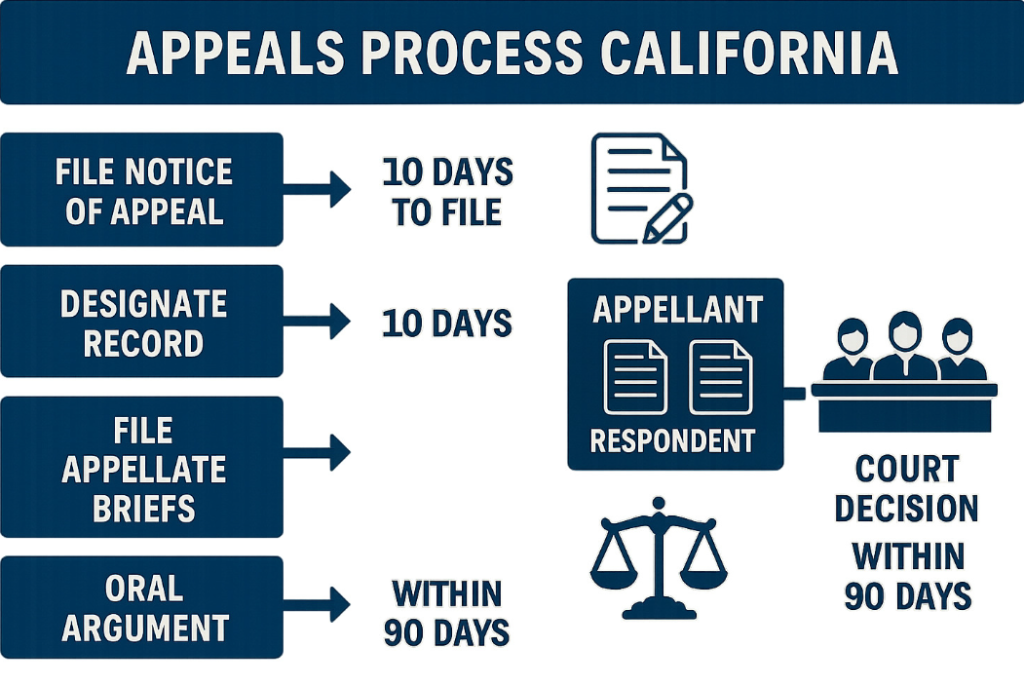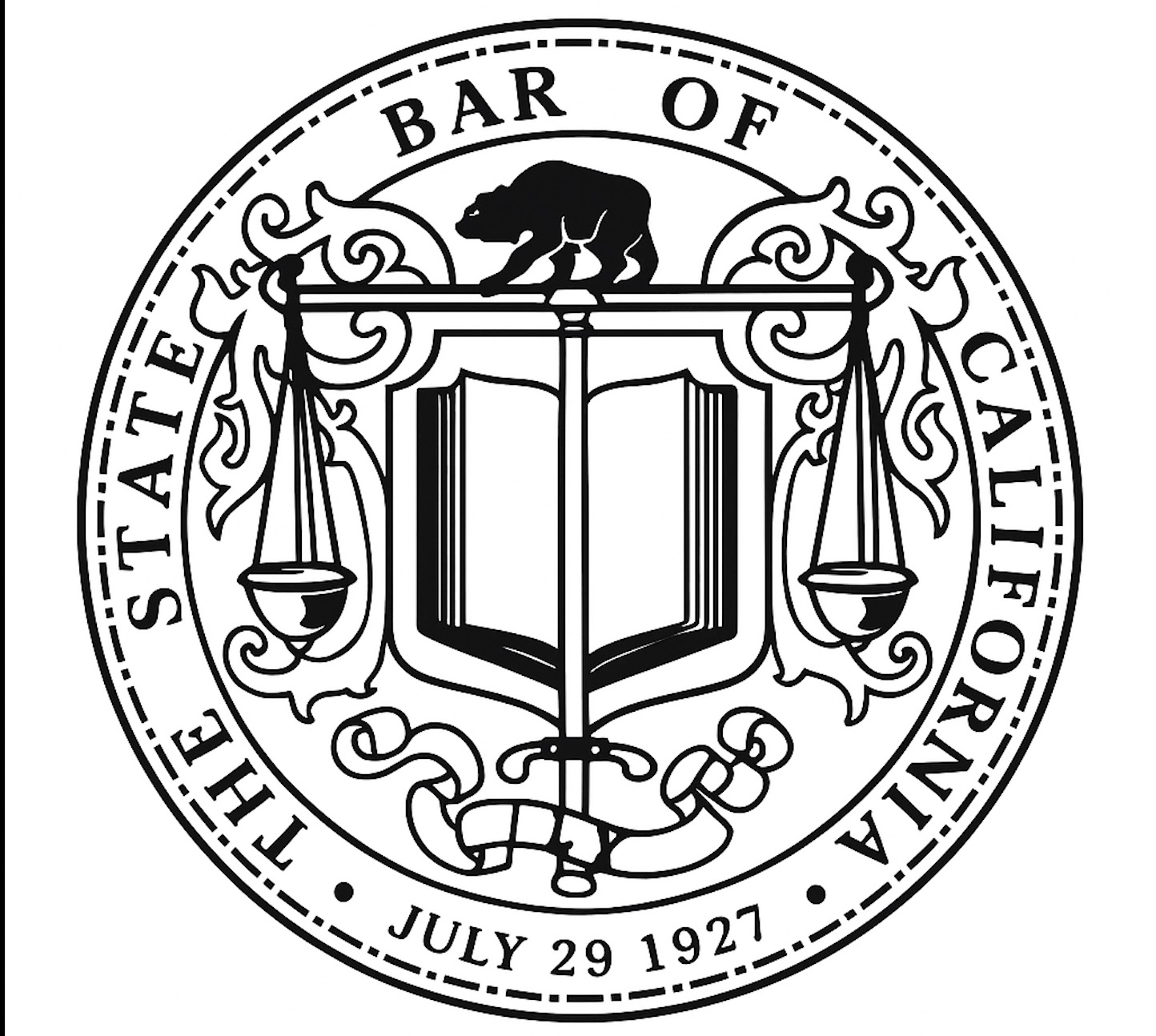Appeals and Appellate Law in California: What You Need to Know

When a trial court decision doesn’t go your way, it’s not always the end of the road. In California, the appeals process offers a critical safeguard ensuring that errors made in the trial court can be reviewed and, in some cases, corrected. Understanding appellate law is key whether you’re a litigant, attorney, or simply someone curious about how California’s legal system delivers justice.
What Is an Appeal?
An appeal is not a retrial. Instead, it’s a formal request for a higher court, usually the California Court of Appeal, to review the trial court’s decision. The appellate court does not hear new evidence or testimony. Instead, it examines the trial record, briefs (written arguments), and oral arguments to determine whether legal errors affected the outcome of the case.
In California, appeals are generally heard by the California Courts of Appeal. Certain matters may go further, to the California Supreme Court, which has the final say on state law.
Common Grounds for Appeal
Not every unfavorable ruling can be appealed. California appellate law focuses on whether there were significant legal errors. Common grounds include:
- Misinterpretation of the law : When a judge applies the wrong legal standard.
- Improper admission or exclusion of evidence : For example, if crucial evidence was wrongly excluded.
- Procedural errors : Mistakes in jury instructions, due process violations, or other trial procedure errors.
- Insufficient evidence : In rare cases, when the verdict is not supported by substantial evidence in the record.

The Appellate Process in California
- Notice of Appeal : Strict deadlines apply. In civil cases, you generally have 60 days from the notice of judgment to file. In criminal cases, it’s usually 30 days. Missing this window can permanently bar your appeal.
- Record on Appeal : This includes transcripts, exhibits, and filings from the trial court. The appellate court relies on this record to evaluate the case.
- Briefs : Both sides submit written arguments. The appellant (the party appealing) files an opening brief, the respondent (the opposing party) files a respondent’s brief, and the appellant may file a reply brief.
- Oral Argument : While not always granted, oral arguments give attorneys a chance to answer judges’ questions directly.
- Decision : A panel of justices reviews the case and issues a written opinion. The decision could affirm the lower court’s ruling, reverse it, or remand (send it back) for further proceedings.
Why Appellate Law Matters
Appeals are not about emotion, they’re about the rule of law. California appellate courts help ensure fairness and consistency by clarifying how statutes and precedents should be applied. They also shape the future of California law, since appellate rulings often guide lower courts and influence legislation.
Tips If You’re Considering an Appeal
- Act fast: Deadlines are unforgiving.
- Hire appellate counsel: Appeals require a different skill set than trial litigation. Appellate attorneys specialize in legal research, writing, and oral advocacy before higher courts.
- Be realistic: Appeals are tough statistics show that only a fraction succeed. But if a major error occurred, an appeal may be the only way to correct it.

Closing Argument
California’s appellate system is designed to safeguard fairness and correct judicial mistakes. While complex, it’s an essential part of ensuring justice is not only done, but done right. Whether you’re navigating civil disputes, criminal convictions, or constitutional issues, knowing your appellate rights could make all the difference.













